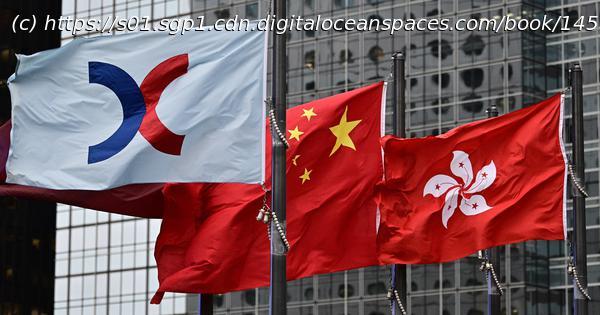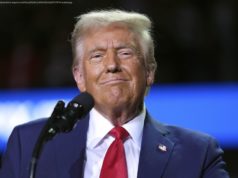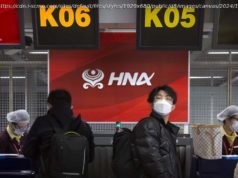Under this system, loyalty to the Chinese Communist Party is rewarded with career advancement.
To Hong Kong’s pro-democracy protesters, the passing of a new US law that removes Hong Kong’s special economic status fits into their scorched earth, or laam caau, strategy. At its core is the protesters’ belief that the Chinese government has rigged the “one country, two systems” model in Hong Kong and that the current economic and political system must be reconfigured.
Protesters are pleased that Hong Kong will no longer be treated differently to other Chinese cities under the new US Hong Kong Autonomy Act, and that the US can now impose economic sanctions on Hong Kong and Chinese officials for human rights violations. The banks doing business with these officials can also be penalised.
The rationale behind the new law is that the role of Chinese “red capital” in Hong Kong has become more and more political over the past few decades. As a response, the new US law aims to remove the privilege Chinese companies enjoyed by listing in Hong Kong, and deprive China’s authoritarian regime of the financial advantages Hong Kong benefited from due to its special status.
Red capital refers to money from mainland China. In Hong Kong, much of this Chinese capital flows through companies registered at the Hong Kong Stock Exchange or HKEX, either as what are called red chips or H-share stocks. Red chips are Chinese companies incorporated outside the mainland and listed in Hong Kong, while H-share companies are incorporated in mainland China and are usually also listed on the Shanghai or Shenzhen stock exchanges.
In the 1980s, ahead of the planned handover of Hong Kong from the UK to China in 1997, the Chinese Communist Party tried to slow down the outflow of British capital, entice foreign investors and cultivate mainland capital flows into Hong Kong. The listing of Chinese private companies at the HKEX began to grow moderately from the 1990s.
Home
United States
USA — China China’s state-owned companies are using ‘red capital’ to wield political power in...






